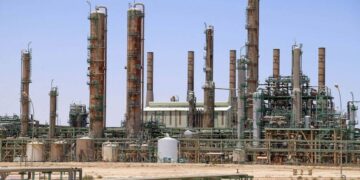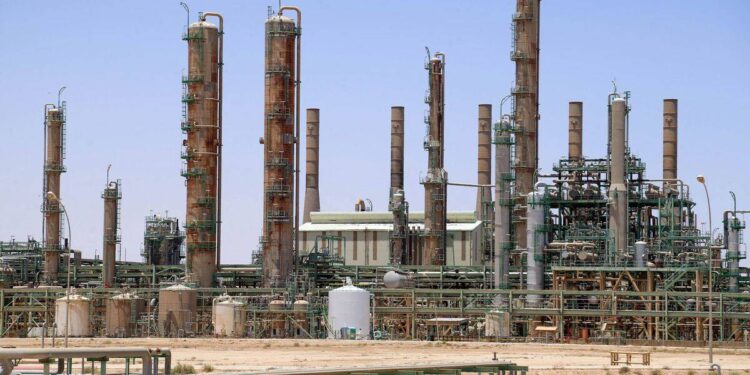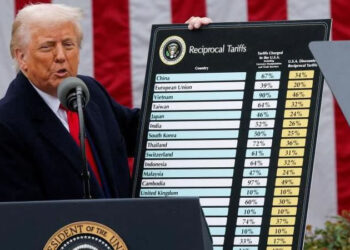By Ebi Kesiena
Libya’s Minister of Oil and Gas, Dr Khalifa Abdulsadek, has unveiled plans to boost the nation’s refining capacity from its current 300,000 barrels per day to 400,000 barrels per day.
This announcement, detailed in a statement on Wednesday, disclosed Libya’s broader strategy to strengthen energy security and sustainability. Minister Abdulsadek outlined these goals during the closing session of the Libya Energy & Economic Summit (LEES) 2025, titled Libya’s Path to Energy Resilience: Strategic Priorities for a Sustainable Oil & Gas Future.
The minister emphasised Libya’s intention to enhance domestic production to meet its growing energy demands.
“We aim to produce sufficient petroleum products to sustain local demand once we achieve the two-million-barrel-per-day production target,” he stated.
Beyond refining, Dr Abdulsadek elaborated on the country’s natural gas strategy, which seeks to balance domestic consumption with export potential. “Europe’s demand for gas is significant, making the Greenstream pipeline to Italy a key asset. We have developed a gas export strategy that prioritises local demand for power generation while optimising export capacity,” he explained.
The minister also highlighted the government’s initiative to reduce gas flaring through a comprehensive gas utilisation project aimed at processing 120 million cubic feet of gas daily. This initiative aligns with Libya’s zero-flaring policy, set to be achieved by 2030. While pipeline gas remains the current focus, the possibility of future LNG production was acknowledged.
Addressing the financial hurdles that Libya faces, Dr Abdulsadek stressed the importance of securing adequate funding for energy projects. “Access to the best technology and services requires significant financing. Despite challenges, we have managed to increase output,” he said.
He acknowledged the difficulties posed by Libya’s divided administration but reiterated the government’s commitment to funding energy initiatives.
“The government is working closely with the Ministry of Finance and the Central Bank to allocate resources for energy projects, even amid political complexities,” he added.




































